From ARRL Web:
08/16/2021 – The schedule of FCC amateur radio application fees likely will not go into effect before 2022. FCC staff confirmed during a recent virtual meeting with Volunteer Examiner Coordinators (VECs) that the agency is still working on the necessary changes to the Universal Licensing System (ULS) software and other processes and procedures that must be in place before it starts collecting fees from amateur applicants. Earlier this year, the FCC said it would not start collecting fees from amateur applicants before this summer. The new estimate is that the fees won’t go into effect until early next year.
Once it’s effective, the $35 application fee will apply to new, modification (upgrade and sequential call sign change), renewal, and vanity call sign applications. All fees will be per application. Administrative update applications, such as those to change a licensee’s name, mailing, or email address, will be exempt from fees. ARRL VEC manager Maria Somma, AB1FM, said Volunteer Examiner (VE) teams will not face the burden of collecting the $35 fee.
“Once the FCC application fee takes effect, new and upgrade applicants will pay the exam session fee to the VE team as usual, but they’ll pay the $35 application fee directly to the FCC using the FCC Pay Fees system,” she explained. When the FCC receives the examination information from the VEC, it will email a link with payment instructions to each successful candidate who then will have 10 days from the date of the email to pay.
After the fee is paid and the FCC has processed an application, examinees will receive a second email from the FCC with a link to their official license. The link will be good for 30 days. Licensees also will be able to view, download, and print official license copies by logging into their FCC ULS account. The FCC no longer provides printed licenses.
Licensees can log into the ULS with their 10-digit FRN (FCC Registration Number) and password at any time to view and manage their license and application, print their license, and update anything in their FCC license record, including adding an email address.
FEE SCHEDULE
INDIVIDUALS
$35 FEE: New, modification (upgrade and sequential call sign change), renewal, and vanity call sign applications. All fees will be per application.
NO FEE: Administrative updates, such as a change of name, mailing or email address, or license cancellation.
AMATEUR RADIO CLUBS
$35 FEE: New, renewal, trustee change, and vanity call sign applications. All fees will be per application.
NO FEE: Administrative updates, such as a change of name, mailing or email address, or license cancellation
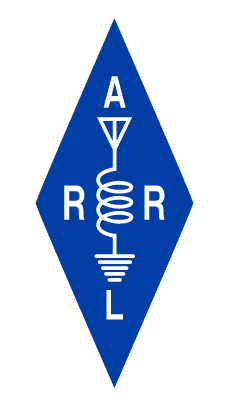
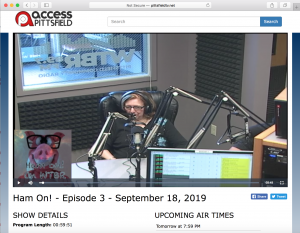
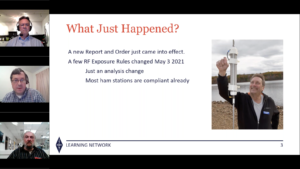
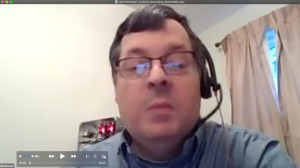 Eastern MA Technical Coordinator Dan Brown, W1DAN, will hold another presentation addressing the new FCC RF exposure rules on May 4 at 7:30 PM using the ARRL GoToWebinar platform.
Eastern MA Technical Coordinator Dan Brown, W1DAN, will hold another presentation addressing the new FCC RF exposure rules on May 4 at 7:30 PM using the ARRL GoToWebinar platform.  From ema.arrl.org:
From ema.arrl.org: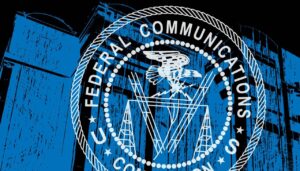
 New Hampshire House Bill 313, “Relative to property restrictions on certain amateur radio antennas,” failed to reconsider by voice vote on April 7, 2021, according to
New Hampshire House Bill 313, “Relative to property restrictions on certain amateur radio antennas,” failed to reconsider by voice vote on April 7, 2021, according to